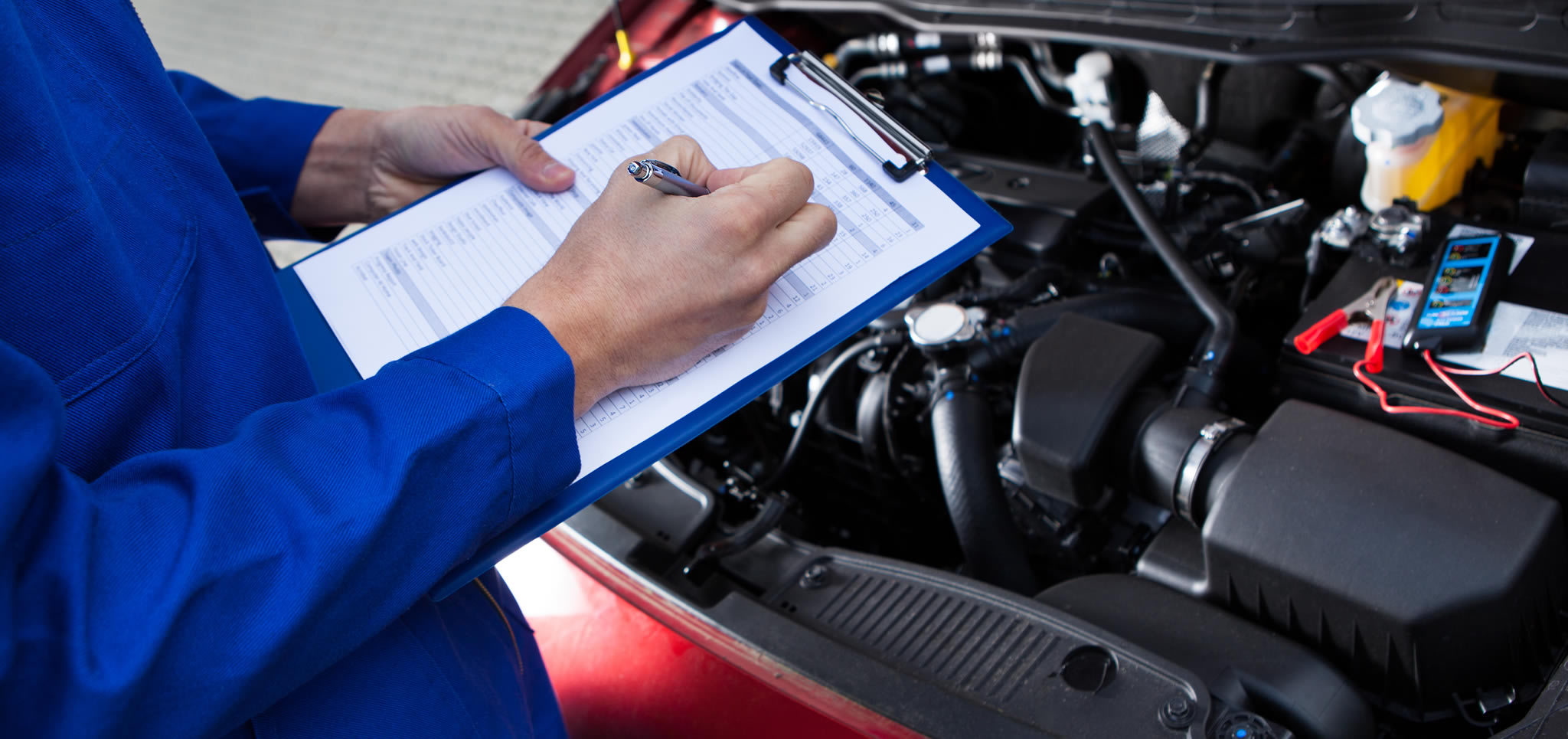
In today’s fast-paced world, finding a reliable Ford dealership near me for general service is imperative. General service encompasses routine maintenance tasks and diagnostic checks essential for keeping your vehicle in optimal condition. Let’s delve into the intricacies of general service and its significance in maintaining your vehicle’s health to get ford dealership near me.
- Introduction
A. Defining General Service
General service refers to the routine maintenance and inspections performed on a vehicle to ensure its proper functioning and longevity. It involves a comprehensive check of various components and systems to identify any potential issues before they escalate into major problems.
B. Importance of Regular Maintenance
Regular maintenance is crucial for the longevity and performance of any vehicle. It helps prevent breakdowns, ensures safety on the road, and maintains the resale value of the vehicle.
C. How General Service Differs from Specific Repairs
While specific repairs target particular issues or malfunctions in a vehicle, general service focuses on preventive measures and routine checks to maintain overall vehicle health.
II. Components of General Service
A. Fluid Checks and Changes
Regular checks and changes of essential fluids such as engine oil, coolant, and transmission fluid are vital for optimal vehicle performance and longevity.
1. Engine Oil
Engine oil lubricates moving parts, reduces friction, and helps dissipate heat. Regular oil changes prevent engine wear and extend its lifespan.
2. Coolant
Coolant regulates engine temperature and prevents overheating. Periodic checks and changes ensure proper cooling system function and prevent engine damage.
3. Transmission Fluid
Transmission fluid lubricates gears, minimizes friction, and ensures smooth gear shifting. Regular maintenance of transmission fluid prolongs transmission life and prevents costly repairs.
B. Inspection of Mechanical Systems
Thorough inspection of mechanical systems such as brakes, suspension, and steering ensures safe and efficient vehicle operation.
1. Brakes
Brake inspection includes checking brake pads, rotors, calipers, and brake fluid levels. Properly functioning brakes are essential for vehicle safety and control.
2. Suspension
Suspension components like shocks, struts, and springs are inspected for wear and damage. A well-maintained suspension system provides a smooth ride and enhances vehicle handling.
3. Steering
Steering components, including power steering fluid and steering linkage, are examined for proper operation. Responsive steering is crucial for vehicle control and safety.
C. Diagnostic Testing
Diagnostic testing involves assessing engine performance, electrical systems, and emissions to identify and address any underlying issues.
1. Engine Performance
Diagnostic tests analyze engine performance parameters such as fuel efficiency, emissions, and ignition timing. Detecting and rectifying engine issues ensures optimal performance and efficiency.
2. Electrical Systems
Electrical system diagnostics check battery health, alternator output, and electrical connections for proper function. Reliable electrical systems are essential for starting, charging, and operating various vehicle components.
3. Emissions
Emissions testing evaluates exhaust gases to ensure compliance with environmental regulations. Proper emission control reduces pollution and maintains air quality.
III. Frequency of General Service
A. Manufacturer Recommendations
Vehicle manufacturers provide guidelines for general service intervals based on factors such as mileage and time since the last service.
1. Owner’s Manual Guidelines
Consulting the owner’s manual helps determine the recommended service schedule for your vehicle model.
2. Service Intervals
Scheduled maintenance intervals vary depending on the vehicle’s make, model, and usage patterns.
B. Driving Habits and Environmental Factors
Driving habits and environmental conditions influence the frequency of general service needed.
1. City vs. Highway Driving
Stop-and-go city driving may require more frequent service intervals compared to highway driving.
2. Climate Conditions
Extreme temperatures and harsh weather conditions can accelerate wear and tear on vehicle components, necessitating more frequent maintenance.
C. Vehicle Age and Mileage
The age and mileage of a vehicle also impact the frequency of general service required.
1. Wear and Tear Considerations
Older vehicles or those with high mileage may require more frequent maintenance to address wear and tear on components.
2. Aging Components
As vehicles age, certain components may degrade or fail, necessitating proactive maintenance to prevent breakdowns.
IV. Benefits of Regular General Service
A. Increased Vehicle Longevity
Regular general service helps extend the lifespan of your vehicle by addressing potential issues before they escalate.
1. Preventative Maintenance
Proactive maintenance prevents premature component failure and costly repairs, prolonging the vehicle’s overall lifespan.
2. Minimizing Wear and Tear
Routine checks and maintenance tasks minimize wear and tear on vital components, ensuring optimal vehicle performance and longevity.
B. Improved Safety
Maintaining your vehicle through regular general service enhances safety for you and other road users.
1. Ensuring Vehicle Reliability
Reliable vehicle operation reduces the risk of unexpected breakdowns and accidents, ensuring safe travel for occupants.
2. Addressing Potential Issues Early
Early detection and resolution of mechanical issues during general service prevent safety hazards and costly repairs down the line.
C. Enhanced Performance and Efficiency
Regular maintenance enhances vehicle performance and fuel efficiency, saving you money in the long run.
1. Optimal Engine Function
Well-maintained engines operate more efficiently, delivering better fuel economy and performance.
2. Fuel Economy
Properly maintained vehicles consume less fuel, saving money on fuel costs and reducing environmental impact.
V. Conclusion
In conclusion, regular general service is essential for maintaining your vehicle’s health, safety, and performance. By adhering to manufacturer recommendations, considering driving habits and environmental factors, and prioritizing proactive maintenance, you can ensure your vehicle operates optimally for years to come. Remember to find a reliable service provider who can assist you in keeping your vehicle in top condition. Schedule your next general service appointment today to enjoy the benefits of a well-maintained vehicle.


